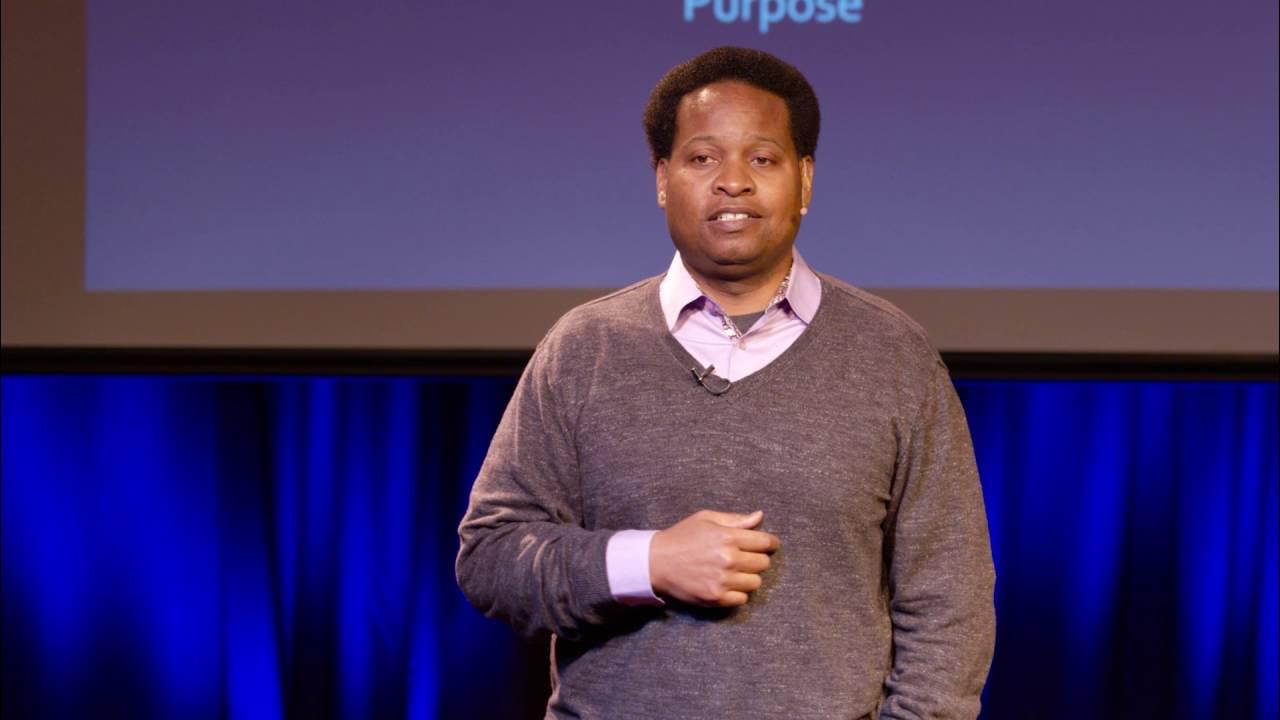Lemn Sissay: A child of the state
Summary
TLDRThe speaker, a former child of the state, shares his journey through foster care and children's homes, highlighting the resilience and potential of children in care. He draws parallels between popular culture characters and real-life fostered or orphaned individuals, advocating for respect and understanding. The narrative includes his own experiences of adoption, displacement, and a quest for identity, ultimately emphasizing the importance of how a society treats its most vulnerable as a measure of its strength.
Takeaways
- 👶 Children in foster care, like the speaker, often face challenging circumstances, but it doesn't define their potential or worth.
- 📚 Many famous fictional characters, like Harry Potter, Pip, Superman, and Cinderella, were orphans, fostered, or adopted, reflecting society's deep awareness of children outside traditional families.
- 🤔 These stories highlight that children raised outside of typical family structures often reflect deeper truths about what family means.
- 🎭 Children in care grow up with a stigma about their background, sometimes living in fear of revealing it in adulthood due to societal judgment.
- 🏡 The speaker emphasizes that children in care don't need pity—they need respect and the right to own their personal stories and experiences.
- 💔 The speaker shares his personal story about his mother's struggles, societal pressures, and how his foster parents viewed him as a 'sign from God' but eventually rejected him.
- 👿 Religious beliefs played a role in the speaker's foster parents' decision to believe he had the 'Devil' inside of him, leading to him being sent away.
- 🚨 The speaker was institutionalized in various children's homes and even incarcerated, despite never being charged with any crime.
- 👨👩👦 The speaker struggled with the absence of family throughout his life but eventually found his biological family, embracing the complexities of family dynamics.
- ⚖️ The speaker concludes by saying that the strength of a democracy is reflected in how it treats its most vulnerable children, particularly those in state care.
Q & A
What is the main topic of the speaker's presentation?
-The speaker discusses the experience of being a child of the state, growing up in children's homes and foster care, and the broader implications of how society treats children in care.
Why does the speaker mention famous fictional characters like Harry Potter and Pip from 'Great Expectations'?
-The speaker mentions these characters to highlight that many iconic fictional characters were fostered, adopted, or orphaned. This reflects how children outside traditional family structures are often used in literature to explore what family truly is.
What message does the speaker want to convey about children in care?
-The speaker emphasizes that children in care deserve respect rather than pity. They should have the right to own and live the memory of their childhood without shame or fear.
How does the speaker relate his personal experience to societal issues regarding children in care?
-The speaker shares his own story of growing up in foster care and institutional homes, criticizing how the state and society often fail to understand or properly support children in these systems. He draws parallels between past practices and current issues in child care and adoption.
What does the speaker imply about how the government treats children in care?
-The speaker suggests that the treatment of children in care is a reflection of the strength of democracy. He implies that a government's treatment of its most vulnerable citizens, particularly children of the state, is a measure of its values and effectiveness.
How does the speaker describe his relationship with his foster family?
-The speaker describes a complex relationship with his foster family, noting that they believed he had the Devil inside him and engineered his departure when he was 11. Despite their initial intentions, they ultimately failed to provide the love and support he needed.
Why does the speaker emphasize the importance of knowing one's family?
-The speaker highlights that family provides reference points and a sense of identity. He notes that not having family around left him with no one who knew him for longer than a year, which impacted his understanding of himself and his place in the world.
What role did creativity and imagination play in the speaker's life?
-Creativity and imagination provided the speaker with a sense of hope and possibility. He found light in creativity and saw it as a way to express emotions, search for love, and cope with the dysfunction and untruths of his life in care.
How does the speaker view his journey of finding his biological family?
-The speaker reflects on his adult life spent searching for his biological family. He humorously notes that he now has a fully dysfunctional family like everyone else, but finding them was an important part of his personal journey.
What final message does the speaker leave the audience with?
-The speaker concludes by stating that the strength of a democracy can be judged by how its government treats its children in care. He emphasizes that the treatment of 'the child of the state' is a critical reflection of societal values and responsibilities.
Outlines

This section is available to paid users only. Please upgrade to access this part.
Upgrade NowMindmap

This section is available to paid users only. Please upgrade to access this part.
Upgrade NowKeywords

This section is available to paid users only. Please upgrade to access this part.
Upgrade NowHighlights

This section is available to paid users only. Please upgrade to access this part.
Upgrade NowTranscripts

This section is available to paid users only. Please upgrade to access this part.
Upgrade Now5.0 / 5 (0 votes)





